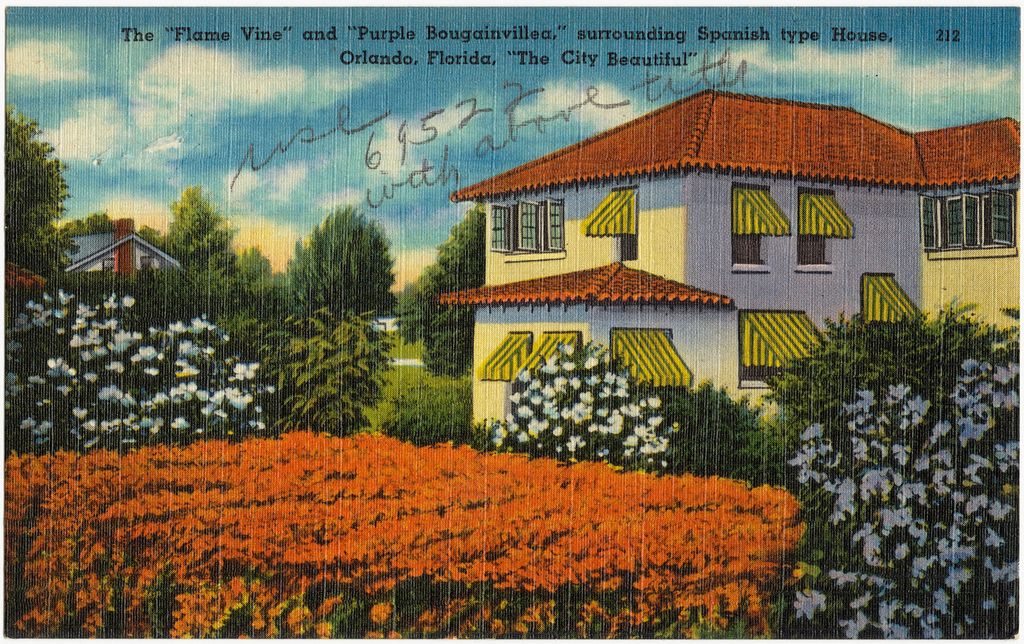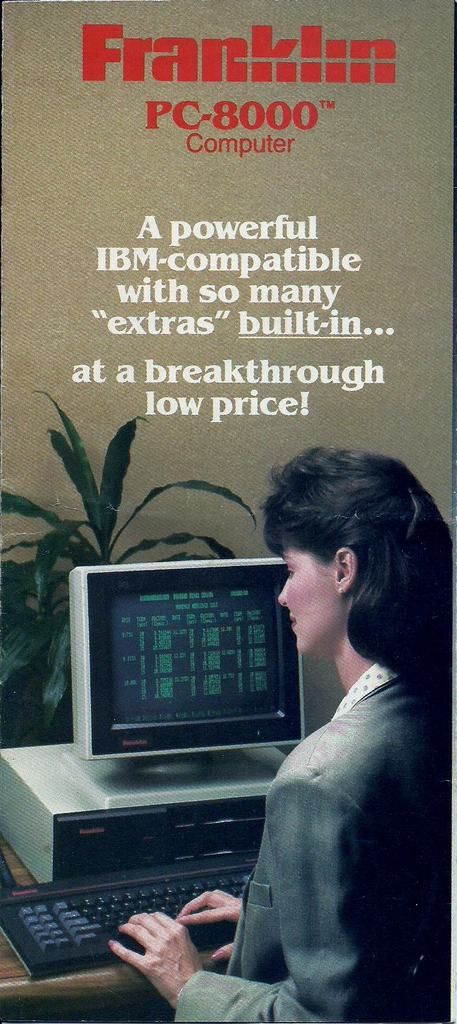Investment made by the Klopp family in Icon League football organization
Financial Investors Eye New Opportunity in Indoor Soccer League
Germany's Icon League, a professional indoor soccer competition, announces its opening to financial investors. In its initial round of funding, the family office of renowned Liverpool manager Jürgen Klopp, Luigi Berlusconi's venture capital arm, and entrepreneur Thomas Hagedorn have secured stakes, valued the league in the triple-digit million euro range, and garnered backing from five additional angel investors.
Icon League's CEO, Marc Goroll, explains the decision to seek funding: "We began the year by launching a funding round because we saw our product taking hold in the German market." Goroll believes that the strategic support from the anchor investors, including media expertise from Berlusconi and sports authenticity from Klopp, will propel the league forward.
The Icon League aims to transition from a startup to a regular company after experiencing a somewhat disordered growth phase. Historically stemming from three football-oriented agents and firms, the league's structure now requires streamlining to capitalize on its potential. Prior to the latest funding round, five shareholders – including former player Toni Kroos and streaming entrepreneur Elias Nerlich – each held a 20% stake in the league, alongside MMDS GmbH, Rabona, and 360 Media. A new leadership team consisting of Goroll, Sascha Breese from Rabona and 360 Media, Kroos, and Nerlich has taken the helm, with Breese and Goroll serving as managing directors, and Kroos and Nerlich functioning as public ambassadors.
The indoor soccer league aspires to expand its international presence and franchise system, with plans to be fully funded through this and the next year. Though currently facing projected losses, the league anticipates breaking even by 2026. Goroll reveals the league's ambition to court larger financial investors beyond the current round, citing potential investment opportunities in sponsorship contracts, media rights, ticketing, and merchandise. By the end of 2025, the Icon League projects generating eight-figure revenues.
The league's reach primarily stems from streaming platform Twitch, social media, and linear TV coverage on Sport1. The league boasts 1.3 million followers across various platforms, making it the leader in terms of reach among the emerging leagues in Germany, according to an analysis by the online marketing platform OMR.
Private equity investors may be closely monitoring developments in indoor soccer, as the John Doe rule in traditional German soccer limits their involvement. Goroll points out that Icon League differs from traditional soccer as its model is more conducive to investors. The absence of a 50+1 rule allows investors to invest in both the league and teams, similar to the model in the United States. Should consolidation occur within the young and competitive market, a private equity investor might adopt a buy-and-build strategy, although the outcome remains uncertain.
[Enrichment Data] Because no direct data on Icon League’s private equity investment or future expansion plans were found, it can be inferred that the league may attract private equity investment as part of broader trends in sports, including minority investments, operational scaling, and strategic growth strategies. It is also possible that the league might consolidate with other clubs or leagues to further professionalize operations and tap new markets.
Sports enthusiasts may be intrigued by the potential investment opportunities in the growing Indoor Soccer League, as financial investors are now invited to back the Icon League. With the strategic support of Jürgen Klopp's family office, Luigi Berlusconi's venture capital arm, and entrepreneur Thomas Hagedorn, the league aims to leverage their expertise in sports and finance to expand its international presence and franchise system.




